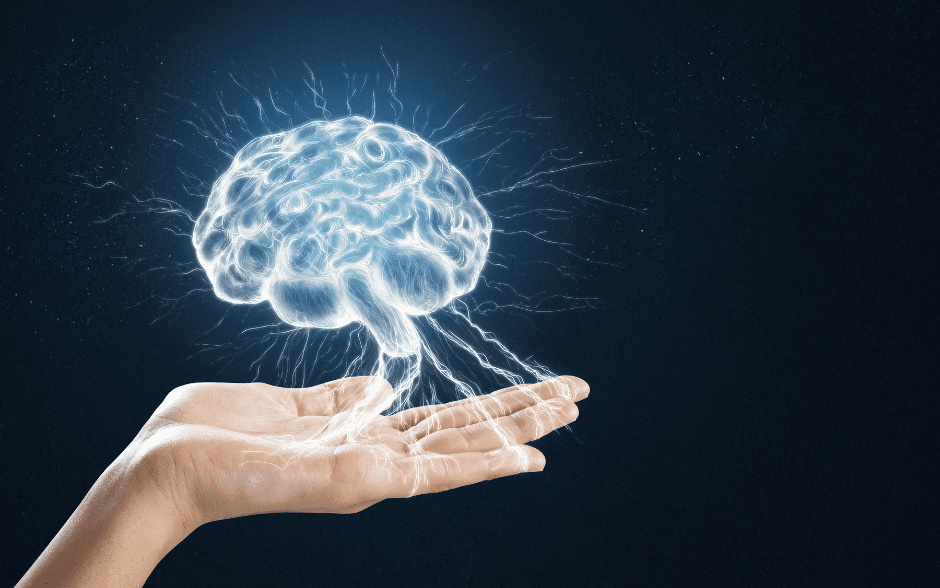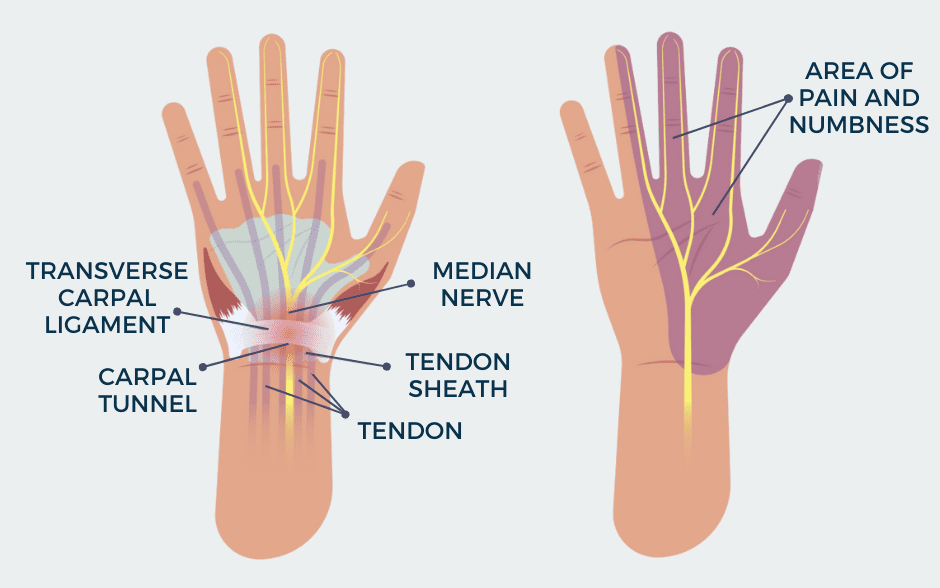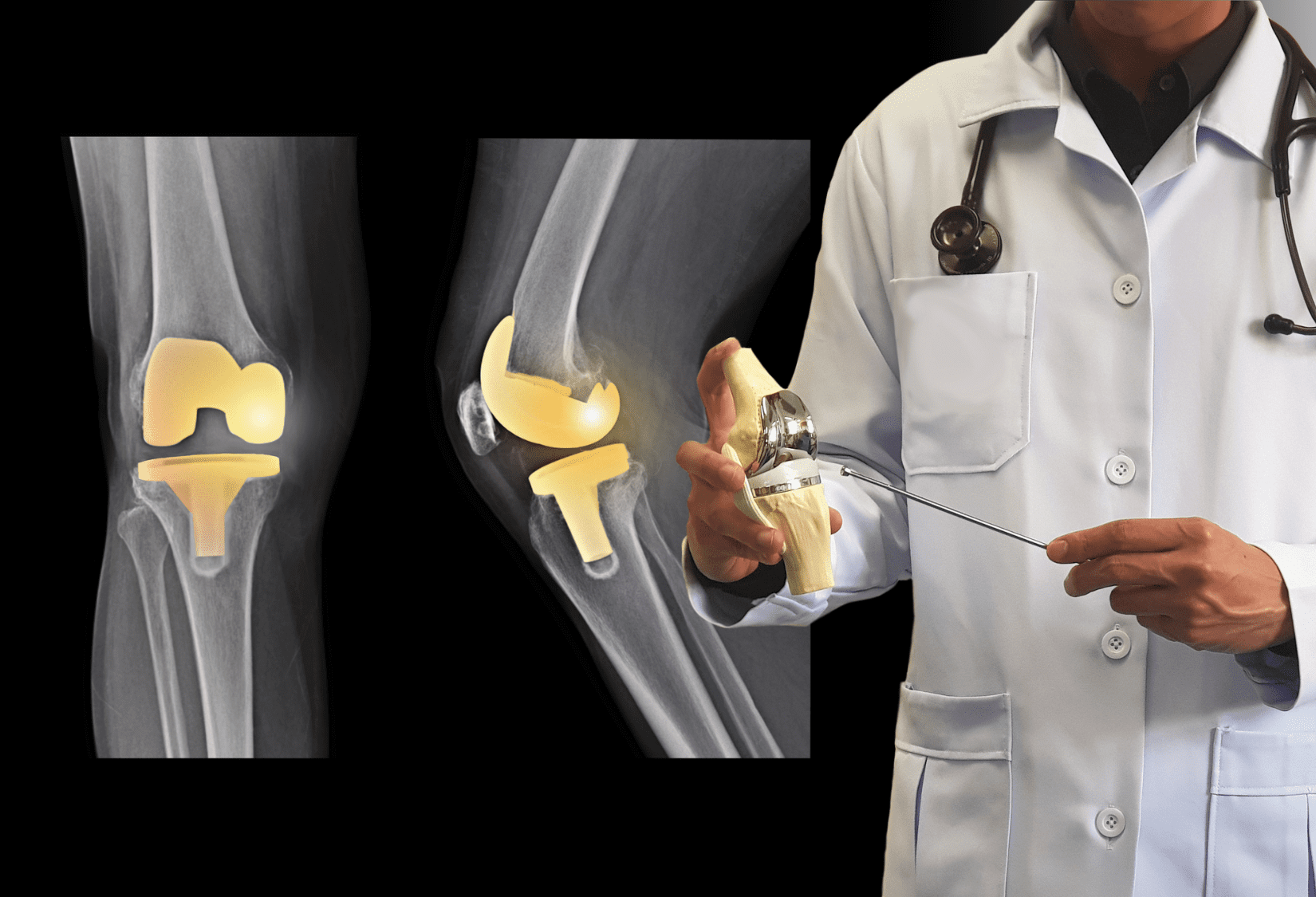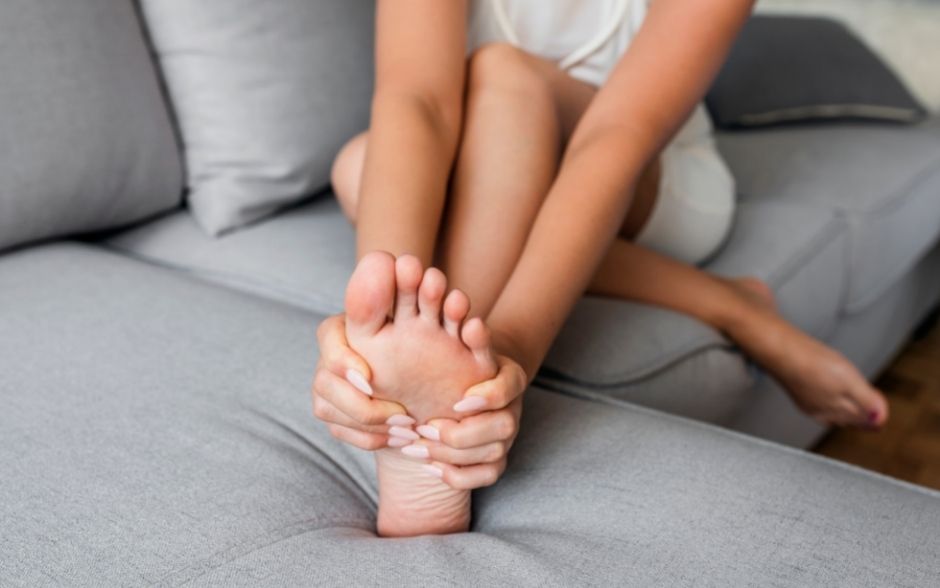Have you ever wondered what helps us maintain correct posture? What makes us move? Or why our internal organs don’t collapse against each other? Fascia is responsible for these and many other essential functions in our body.
Most of us have heard of tendons, joint capsules, or ligaments, but few have ever heard of fascia. It is known as the “lost organ” because doctors and scientists didn’t realize its enormous importance for many years. The latest findings about this extraordinary organ have been considered a revolutionary discovery in modern physical therapy, leading to a new approach to treating pain and internal organ issues.
What is fascia, and what is its role?
Did you know that all of us – or at least those who like to cook – have had to deal with fascia? It is the thin transparent membrane removed from meat when processing it. It consists of many networks of connective tissues that are flexible and can stretch in all directions. Fascia forms a large mesh in our bodies, holding internal organs in place. It surrounds our muscles, tendons, and ligaments. It would not be an exaggeration to say that it keeps our bodies together.
This fascinating organ plays a crucial role in our bodies. Fascia transports nutrients with the help of nerve fibers, blood vessels, and lymphatic vessels located in the fascia, as well as receiving and transmitting stimuli between tissues. It also has an important immune function, protecting the body from pathogenic microorganisms and infections and forming the basis for its healing processes in the case of tissue damage.
Fascia can be called the “packaging” of our bodies. Like the membrane around each part of an orange, fascia simultaneously separates and connects organs and body parts. Because of their flexible structure, muscle fascia helps the body move and protects joints from external injury.
What interferes with the proper functioning of fascia?
Improper body position, uncorrected for years, and lack of physical activity cause the fascia to thicken and promote the formation of adhesions. Then, among other things, there is an insufficient blood supply of oxygen and nerve impulses to individual organs, leading to their failure. On the other hand, over-intensive workouts, straining, and stretching of the muscles can also lead to problems in their functioning. The functioning of this vital organ is significantly affected by poor quality sleep and chronic stress, poor eating habits, and insufficient fluid intake. As a result, our fascia, and consequently our entire body, begins to fail. We feel burdensome and tired.
Physical therapy for fascia problems
Thanks to the revolutionary Counterstrain therapy, a properly trained physical therapist can treat the malfunctioning fascia and other problems with internal organs, muscles, or ligaments. One of our patients complained of chronic abdominal pain, bloating, and constipation. Additionally, she suffered from chronic headaches that had been going on for several years. Unfortunately, her family doctor couldn’t determine the cause of her ailment. It turned out that the underlying cause of the problem was the fascia, the permanent contracture that gave just such symptoms. The very second visit brought significant improvement. Using the Counterstrain technique to the head and partially to the autonomic nervous system showed spectacular results – the patient did not feel headaches for the first time in several years. Complaints of abdominal pain also decreased significantly.
The second case was a patient with severe back pain and muscle spasms on one side. In addition, he had problems with frequent urination, which was particularly troublesome at night. During the initial examination of the fascial contractures, the therapist found that the problem was not with the spine at all but inflammation of the urinary system – the kidney, ureter, and bladder – was responsible for the patient’s complaints. Four visits were enough to reduce the pain significantly. It also helped with urinary incontinence.
Self-care is important!
We should remember that if we don’t take care of our body and thus our fascia, we put ourselves at greater risk of health problems – pain, stiffness of joints and muscles in everyday life, and injuries while playing sports. We should take care of ourselves: get a good night’s sleep, do regular physical activity, avoid stress and maintain a healthy diet because only then will our entire body, including our fascia, function properly. Our mobility and physical condition are highly dependent on the quality of the fascia’s functioning – a healthy one will keep us in good shape for years to come.
Call us or click here to schedule your complimentary consultation with one of our experienced specialists.


















